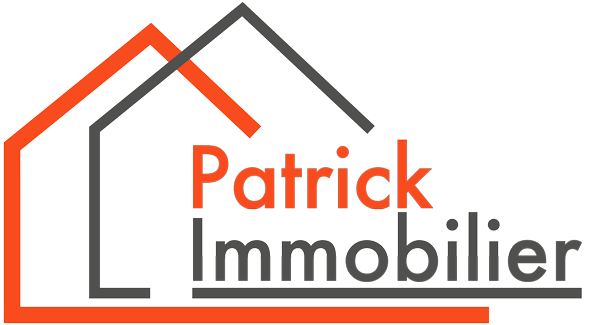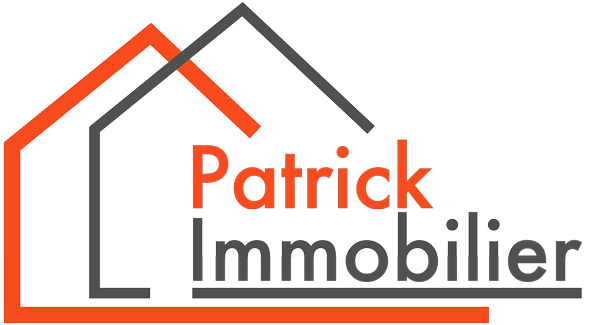The essential advice for successful buying, selling and negotiating real estate
It is essential to know the Swiss laws that govern the sale of real estate when considering selling a property in Switzerland. The regulations vary depending on the cantonal jurisdiction, but there are some federal laws and general principles applicable throughout the country. Here is an article that explains the main Swiss laws to be aware of when selling a property, while noting that specific regulations may apply in each canton. Selling a property in Switzerland is a complex process that involves complying with numerous laws and regulations. Knowing these laws is essential to successfully complete a real estate transaction legally. Here is an overview of the most important Swiss laws to consider when selling a property.
Sec. 1. Act on the Acquisition of Real Estate by Persons Abroad (LFAIE): The LFAIE regulates the acquisition of real estate by foreign persons in Switzerland. Foreigners generally need to obtain a special permit to buy real estate in Switzerland. The rules vary depending on the nationality of the buyer, the type of property, and the region.
Sec. 2. Federal Environmental Protection Act (NEA): The NEA imposes restrictions on the construction and renovation of real estate to preserve the environment. Before selling any real estate, it is essential to ensure that the property complies with local environmental regulations.
Sec. 3. Condominium Act (PPE): The condominium condominium law governs the rights and duties of the co-owners of a condominium building. If the property for sale is part of a condominium building, it is important to understand this law and ensure that the condominium documents are in order.
Sec. 4. Tenant Protection Act: Tenant protection is a crucial issue in Switzerland. If the property is currently rented out, there are strict rules to protect tenants' rights. You must comply with these rules when selling.
Sec. 5. Contract of Sale Act (LVC): The LVC governs contracts for the sale of real estate in Switzerland. It defines the conditions and guarantees that must be included in a sales contract. A contract of sale must comply with the provisions of this law in order to be legally valid.
Sec. 6. Land Law Act (PILA): The PILA governs property rights and transfers of ownership in Switzerland. It details the procedures for transferring ownership, including registration in the land registry and how property rights are established.
Sec. 7. Transfer Tax Act: Each Swiss canton has its own transfer tax laws, which determine the transfer fees to be paid when selling a property. It is essential to know the applicable rates in the jurisdiction where the property is located.
Sec. 8. Real Estate Brokerage Contracts Act: Swiss law regulates real estate brokerage contracts. If you hire a real estate agent to help you sell your property, make sure that the contract complies with the provisions of this law.
Sec. 9. Real Estate VAT Act: Real estate VAT applies to certain real estate transactions in Switzerland. The rules vary depending on the type of property and the intended use. It is important to determine if real estate VAT applies to your transaction.
It is essential to understand these laws and regulations in order to carry out a successful real estate sale in Switzerland. In addition, it is recommended that you work closely with a lawyer or notary who specializes in real estate law to ensure compliance with local laws and the specific requirements of the canton where the property is located. Understanding these laws will contribute to a safe and legal real estate transaction.
Sec. 1. Act on the Acquisition of Real Estate by Persons Abroad (LFAIE): The LFAIE regulates the acquisition of real estate by foreign persons in Switzerland. Foreigners generally need to obtain a special permit to buy real estate in Switzerland. The rules vary depending on the nationality of the buyer, the type of property, and the region.
Sec. 2. Federal Environmental Protection Act (NEA): The NEA imposes restrictions on the construction and renovation of real estate to preserve the environment. Before selling any real estate, it is essential to ensure that the property complies with local environmental regulations.
Sec. 3. Condominium Act (PPE): The condominium condominium law governs the rights and duties of the co-owners of a condominium building. If the property for sale is part of a condominium building, it is important to understand this law and ensure that the condominium documents are in order.
Sec. 4. Tenant Protection Act: Tenant protection is a crucial issue in Switzerland. If the property is currently rented out, there are strict rules to protect tenants' rights. You must comply with these rules when selling.
Sec. 5. Contract of Sale Act (LVC): The LVC governs contracts for the sale of real estate in Switzerland. It defines the conditions and guarantees that must be included in a sales contract. A contract of sale must comply with the provisions of this law in order to be legally valid.
Sec. 6. Land Law Act (PILA): The PILA governs property rights and transfers of ownership in Switzerland. It details the procedures for transferring ownership, including registration in the land registry and how property rights are established.
Sec. 7. Transfer Tax Act: Each Swiss canton has its own transfer tax laws, which determine the transfer fees to be paid when selling a property. It is essential to know the applicable rates in the jurisdiction where the property is located.
Sec. 8. Real Estate Brokerage Contracts Act: Swiss law regulates real estate brokerage contracts. If you hire a real estate agent to help you sell your property, make sure that the contract complies with the provisions of this law.
Sec. 9. Real Estate VAT Act: Real estate VAT applies to certain real estate transactions in Switzerland. The rules vary depending on the type of property and the intended use. It is important to determine if real estate VAT applies to your transaction.
It is essential to understand these laws and regulations in order to carry out a successful real estate sale in Switzerland. In addition, it is recommended that you work closely with a lawyer or notary who specializes in real estate law to ensure compliance with local laws and the specific requirements of the canton where the property is located. Understanding these laws will contribute to a safe and legal real estate transaction.



